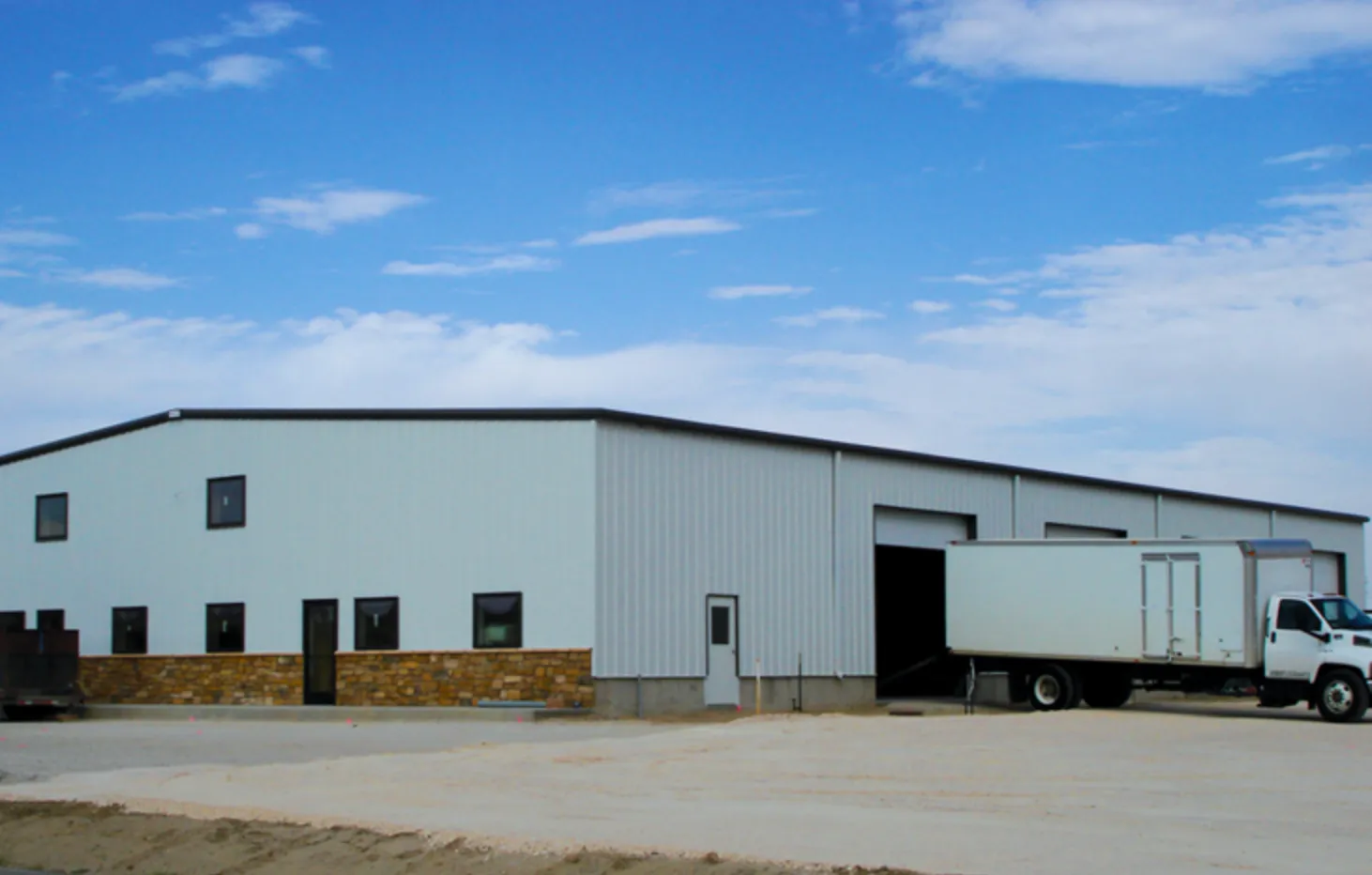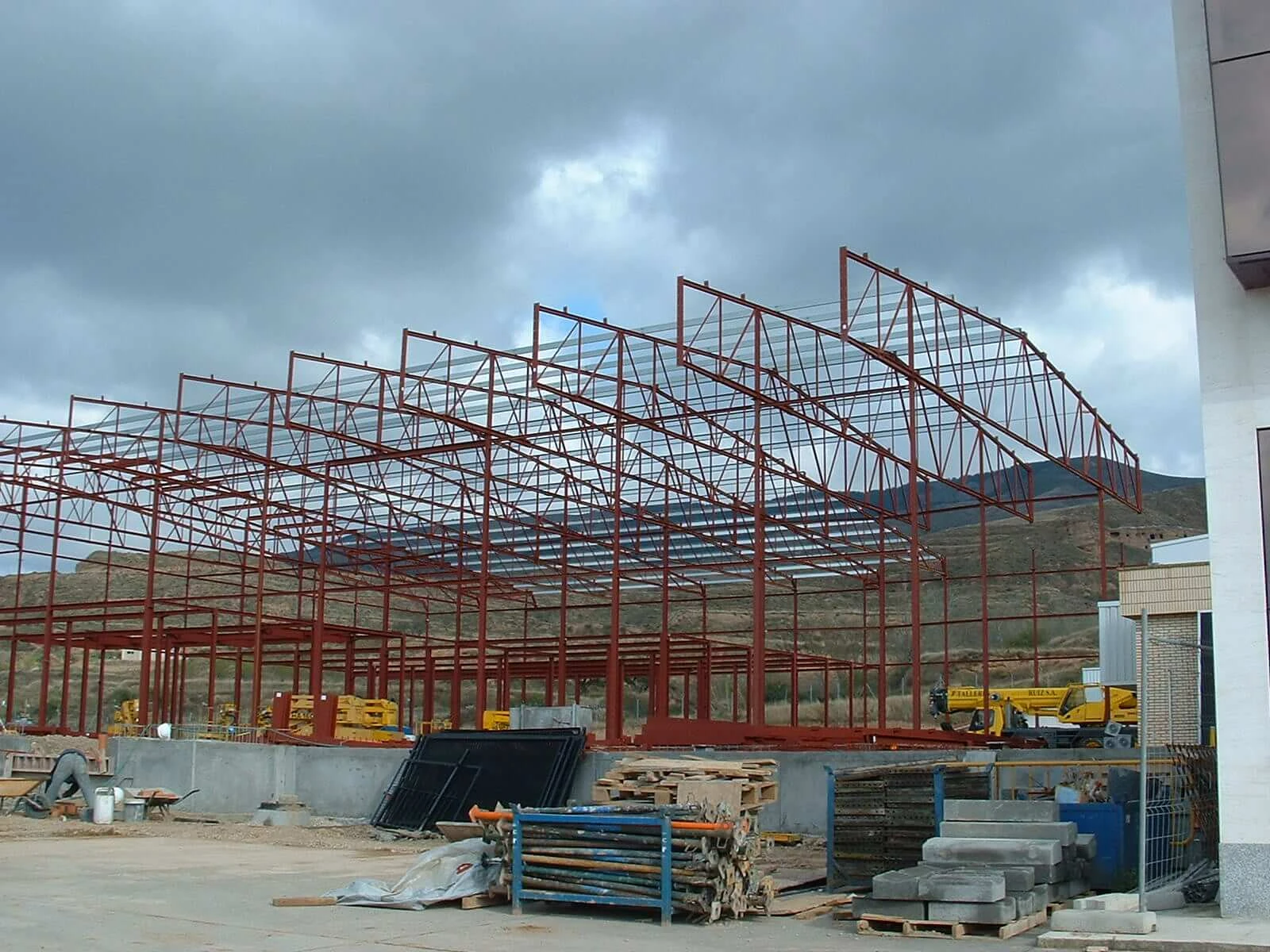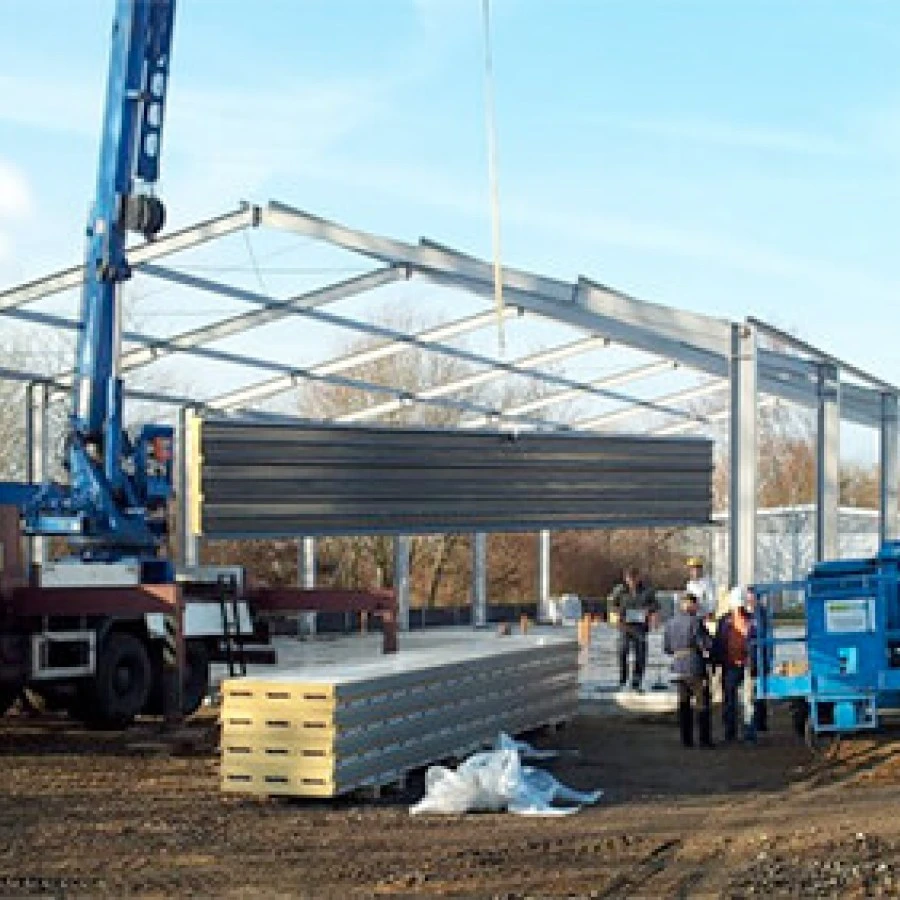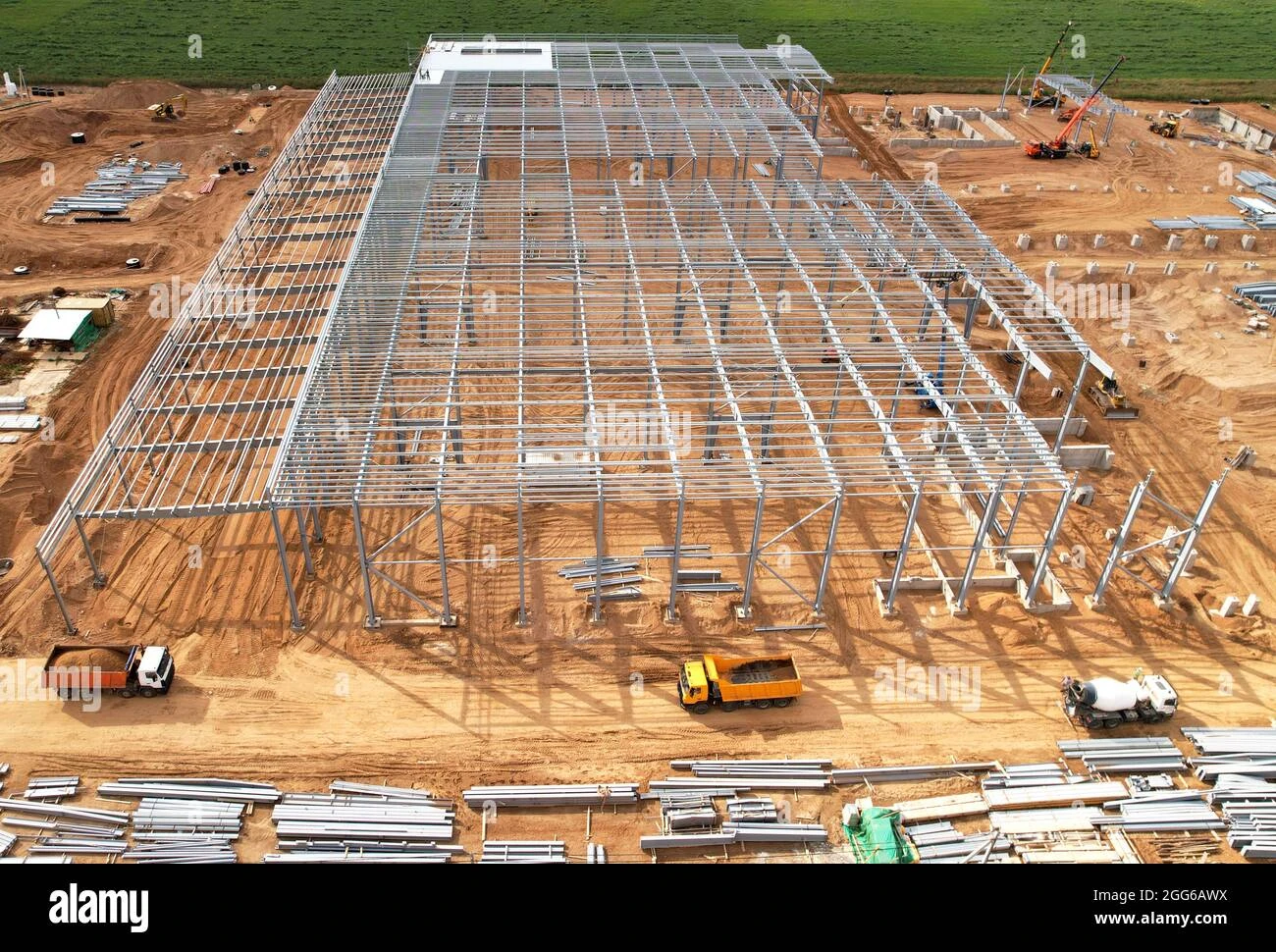- Afrikaans
- Albanian
- Amharic
- Arabic
- Armenian
- Azerbaijani
- Basque
- Belarusian
- Bengali
- Bosnian
- Bulgarian
- Catalan
- Cebuano
- Corsican
- Croatian
- Czech
- Danish
- Dutch
- English
- Esperanto
- Estonian
- Finnish
- French
- Frisian
- Galician
- Georgian
- German
- Greek
- Gujarati
- Haitian Creole
- hausa
- hawaiian
- Hebrew
- Hindi
- Miao
- Hungarian
- Icelandic
- igbo
- Indonesian
- irish
- Italian
- Japanese
- Javanese
- Kannada
- kazakh
- Khmer
- Rwandese
- Korean
- Kurdish
- Kyrgyz
- Lao
- Latin
- Latvian
- Lithuanian
- Luxembourgish
- Macedonian
- Malgashi
- Malay
- Malayalam
- Maltese
- Maori
- Marathi
- Mongolian
- Myanmar
- Nepali
- Norwegian
- Norwegian
- Occitan
- Pashto
- Persian
- Polish
- Portuguese
- Punjabi
- Romanian
- Russian
- Samoan
- Scottish Gaelic
- Serbian
- Sesotho
- Shona
- Sindhi
- Sinhala
- Slovak
- Slovenian
- Somali
- Spanish
- Sundanese
- Swahili
- Swedish
- Tagalog
- Tajik
- Tamil
- Tatar
- Telugu
- Thai
- Turkish
- Turkmen
- Ukrainian
- Urdu
- Uighur
- Uzbek
- Vietnamese
- Welsh
- Bantu
- Yiddish
- Yoruba
- Zulu
Des . 04, 2024 10:25 Back to list
Understanding Steel Warehouses A Backbone of Modern Industry
In today's industrial landscape, steel warehouses play a crucial role in the storage, distribution, and processing of steel products. As one of the most widely used materials in construction and manufacturing, steel has become a fundamental component of modern society. Steel warehouses serve a variety of purposes, ensuring that this essential material is readily available for various applications, from building skyscrapers to manufacturing automobiles.
What is a Steel Warehouse?
A steel warehouse is a specialized facility designed for the storage and management of steel products, including bars, sheets, coils, and structural steel. These warehouses are often characterized by their large size and robust construction, accommodating heavy loads and providing ample space for inventory. The layout of a steel warehouse is typically optimized for efficiency, allowing for easy access and movement of materials.
Importance of Steel Warehouses
The significance of steel warehouses can be highlighted through several key aspects
1. Supply Chain Efficiency Steel warehouses are integral to the supply chain in the construction and manufacturing sectors. They act as intermediaries between steel production facilities and end-users, streamlining the distribution process. By storing large quantities of steel on-site, warehouses can fulfill orders quickly and efficiently, minimizing downtime for construction projects and manufacturing processes.
2. Diverse Inventory One of the main advantages of steel warehouses is the variety of products they store. This diversity allows customers to find specific steel grades and shapes needed for their projects without delays. Furthermore, the availability of different types of steel ensures that businesses can select the right material for their applications, whether it be structural steel for buildings, stainless steel for kitchens, or tool steel for manufacturing precision instruments.
3. Cost Management Storing steel in warehouses can lead to significant cost savings for businesses. By buying in bulk and storing steel products, companies can take advantage of volume discounts and protect themselves against price fluctuations in the market. Additionally, having a local source for steel can reduce transportation costs and lead times, further enhancing financial efficiency.
steel warehouse

4. Value-Added Services Many steel warehouses offer value-added services that can enhance the utility of their products. These services may include cutting, drilling, coating, and custom fabrication. By providing these services, warehouses can meet specific customer requirements and reduce the need for additional processing at other facilities, thereby saving time and effort.
Technology in Steel Warehousing
Modern steel warehouses increasingly leverage technology to enhance operations. Inventory management software and automated systems streamline the tracking of products, making it easier to manage stock levels and orders. Additionally, advanced material handling equipment, such as forklifts and conveyor systems, improves the efficiency of loading and unloading processes.
Furthermore, the rise of e-commerce has prompted some steel warehouses to develop online platforms where customers can browse inventory, place orders, and track shipments. This digital transformation not only enhances customer convenience but also allows warehousing companies to reach a broader market.
Challenges Facing Steel Warehouses
Despite their importance, steel warehouses also face several challenges. Fluctuations in steel prices, global supply chain disruptions, and competition from alternative materials can impact their operations. Additionally, the need for compliance with environmental regulations and commitment to sustainability has placed pressure on warehouses to adopt greener practices, such as reducing waste and energy consumption.
Conclusion
In conclusion, steel warehouses are a vital component of the industrial ecosystem, providing essential support for construction and manufacturing sectors. Their ability to store diverse inventory, enhance supply chain efficiency, and offer value-added services makes them indispensable to businesses that rely on steel products. As technology continues to advance and the industry evolves, steel warehouses will undoubtedly adapt to meet the changing demands of the market, ensuring that steel remains a cornerstone of modern construction and manufacturing.
-
Cold Formed Steel Residential Framing
NewsMay.21,2025
-
Innovative Steel Structure Building Solutions
NewsMay.19,2025
-
Innovative Prefab Metal Shed Solutions
NewsMay.19,2025
-
Durable Steel Horse Shelter Solutions
NewsMay.19,2025
-
Durable Metal Shed Solutions
NewsMay.19,2025
-
Durable Big Metal Shed Solutions
NewsMay.19,2025
Products categories
Our Latest News
We have a professional design team and an excellent production and construction team.












